News
-

Our daily bread is increasingly considered problematic. Gluten sensitivity is a complex phenomenon and while there’s nothing wrong with avoiding gluten, it is a serious restriction and not always necessary. Daisy Jonkers and Marlijne de Graaf researched the effect of expecting to consume gluten – with rather comforting results.
-
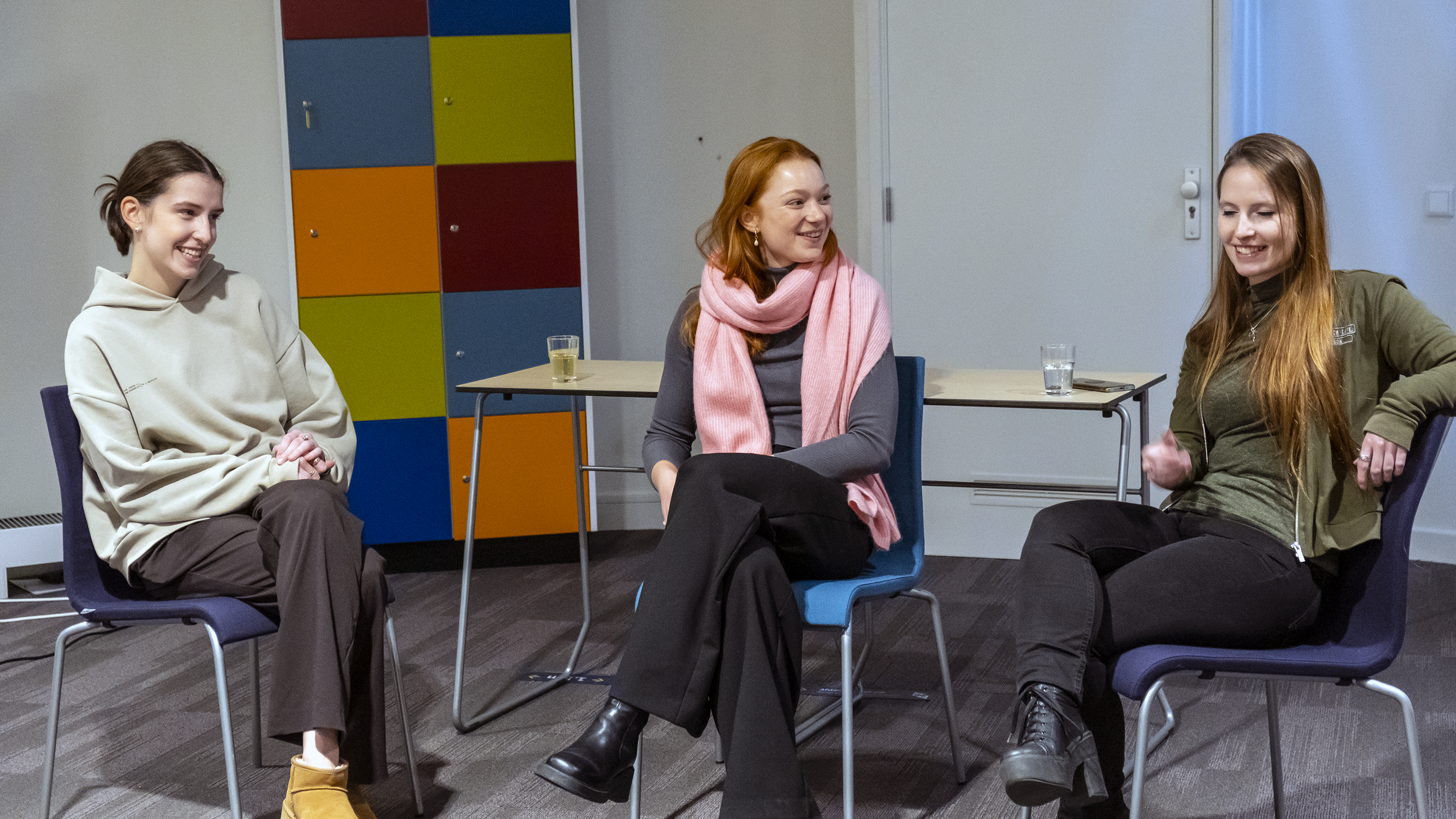
“We should want to fail because failing allows us to grow,” Maxime Verwoert told fellow students at EDLAB’s 10th Student-Meet.
-
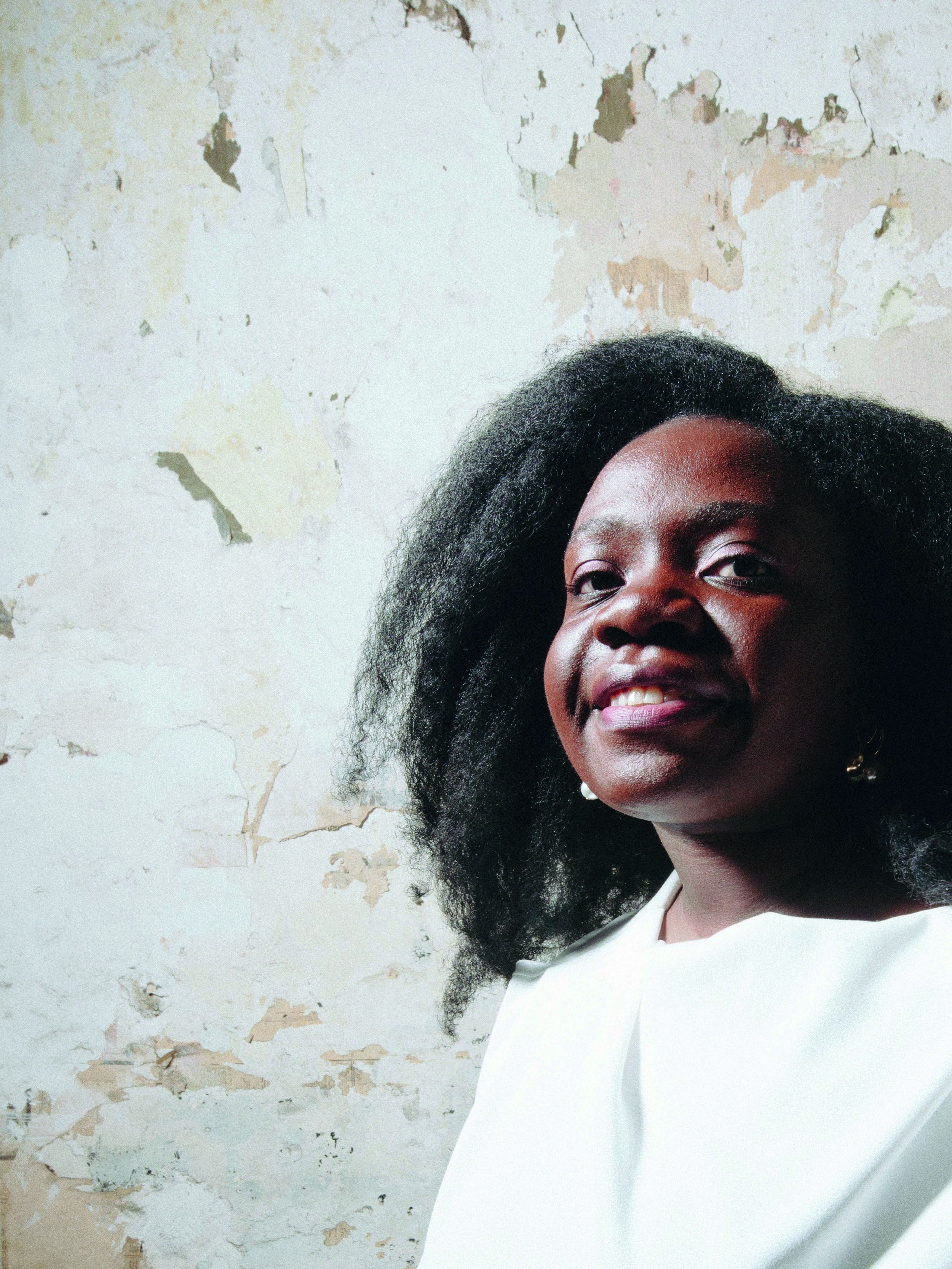
Nozizwe Dube’s life reads like a novel. The 27-year-old was born in Zimbabwe and, at the age of 14, was reunited with her refugee mother in Belgium. Determined to fight injustice, she became the chair of the Flemish Youth Council within just a few years. She is now a PhD candidate at the Faculty of Law and one of the “Faces of Science” in the Netherlands. “I may be a role model, but I’ve had my own struggles against exclusion.”
-
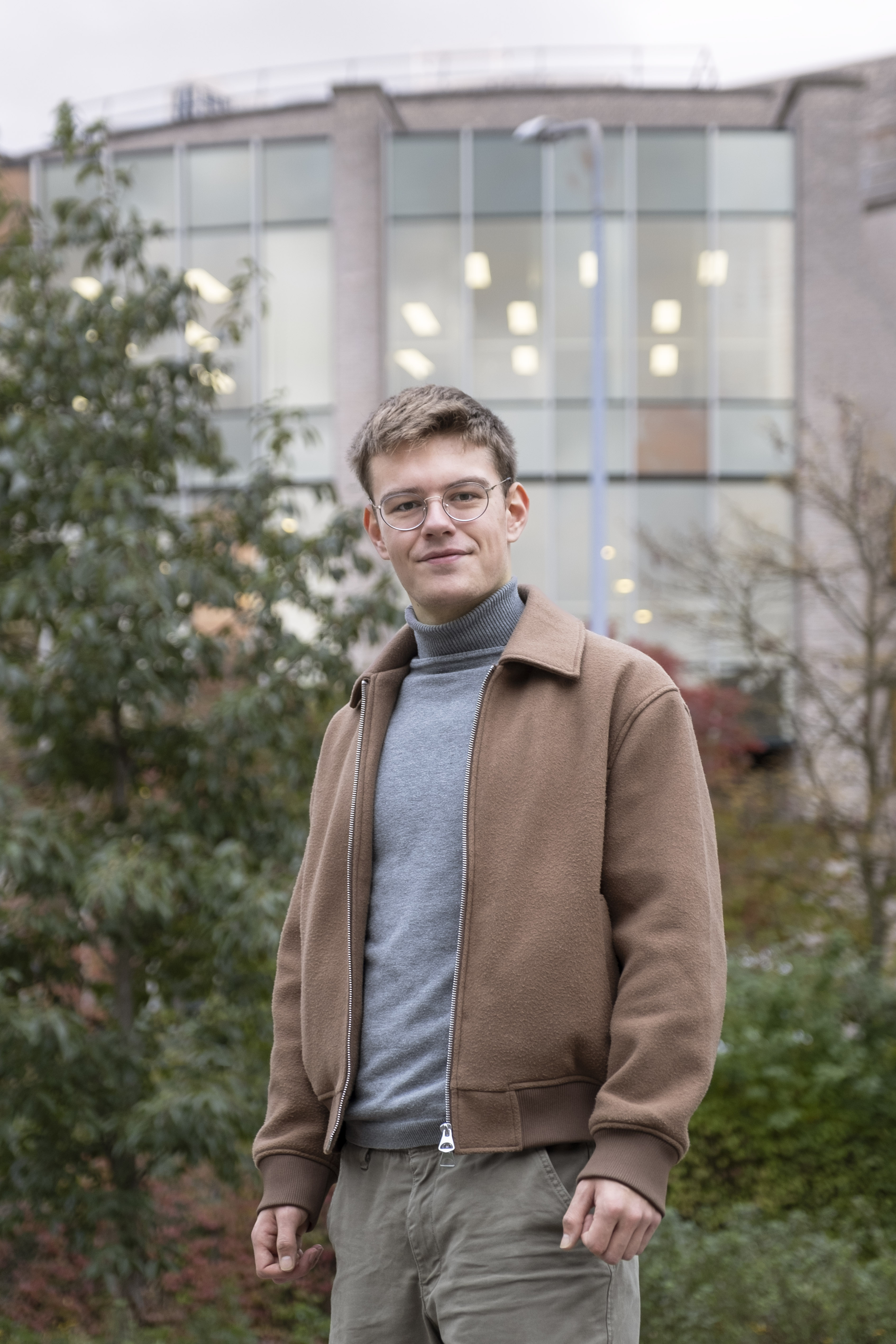
What is it like, being the first person in your family to go to university? Over the coming period, we’ll be discussing this topic with first-generation students. How do they experience studying? What do their parents think about it? Do they have any tips for others? The first-generation student to kick this off is Nahdjay. He is a first-year Computer Science student and is the first in his family to go to university. “Most of my family members started working as soon as they hit 18. That makes my path very different.”
-
Together with the Royal Netherlands Historical Society (KNHG), Open University (OU) and Fontys (F), Maastricht University will organize the fourth edition of the Historians’ Days. The deadline for submissions in 31/01/24 (via www.historicidagen.nl)
-
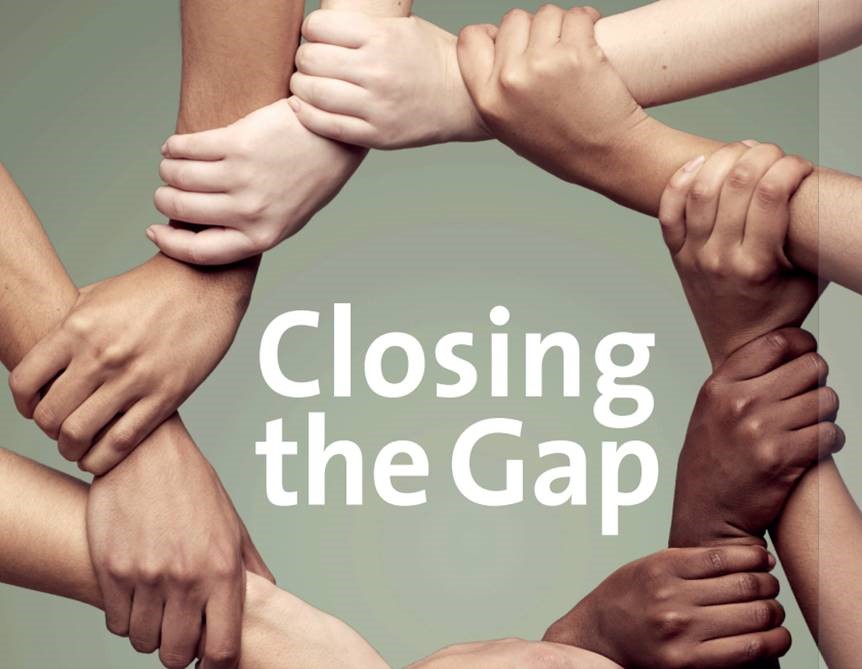
The best thesis and poster awards were presented to promising young scientists and an award of recognition to Generation R. Read more about the prizewinners.
-
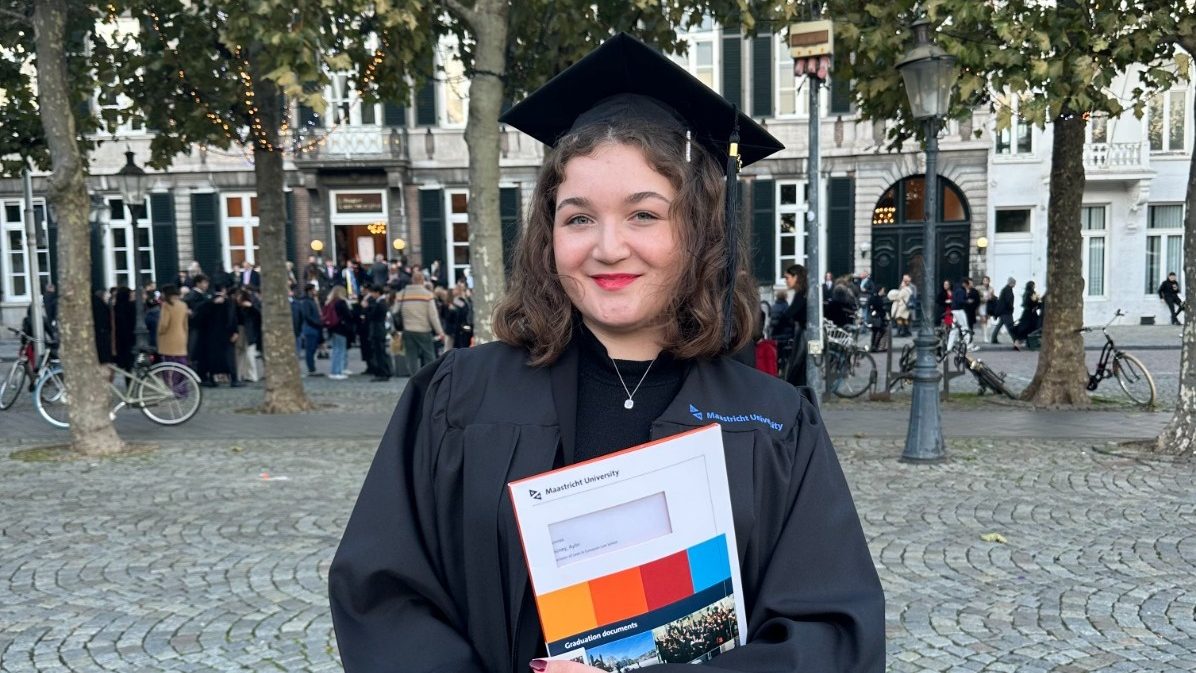
Last July, the French-Turkish first generation student Aylin Güney finished her Bachelor’s in European Law. Due to a Jo Ritzen Scholarship, Aylin could go abroad to study at a university that offered a law degree in an international environment. After taking part in an experience day at Maastricht University, she was determined to make her dream come true. Now, three years later, she has her degree in the pocket and is preparing for the Sorbonne – Queen Mary Double LLM. The exclusive programme offers the opportunity to combine Queen Mary University of London’s LLM in International Business Law with the Université Paris 1 Panthéon-Sorbonne’s LLM in French and European Law. We talked to Aylin about her time at the UM, exciting new plans and future dreams.
-

Reusing waste as a source for new materials appears to be an effective way to reduce the use of fossil-based sources in the production of materials such as plastic. However, how do you do this on a large industrial scale? In late November, Maastricht University and its partners TNO and Brightlands Chemelot Campus received a GO to build Brightlands Circular Space at the Chemelot Campus in Sittard-Geleen. This will enable scientists and businesses to accelerate the development of sustainable and circular plastics from waste materials.
-

The Sexual Safety Programme has made the online version of the "Are you okay?" lecture available to all Maastricht University (UM) students. It aims to promote sexual safety and sexual well-being.
-

This article discusses the European Investment Screening Mechanism (ISM) – a legal instrument to control international mergers and acquisitions involving non-European investors. ISM aims to safeguard economic and societal resilience by protecting Europe’s key assets to ensure national security and public order. Yet, its implementation lacks transparency, which hampers evaluation and provides scope for misconduct and deterrence that could work against its proclaimed aims. The analysis of this policy is part of an ongoing research agenda.